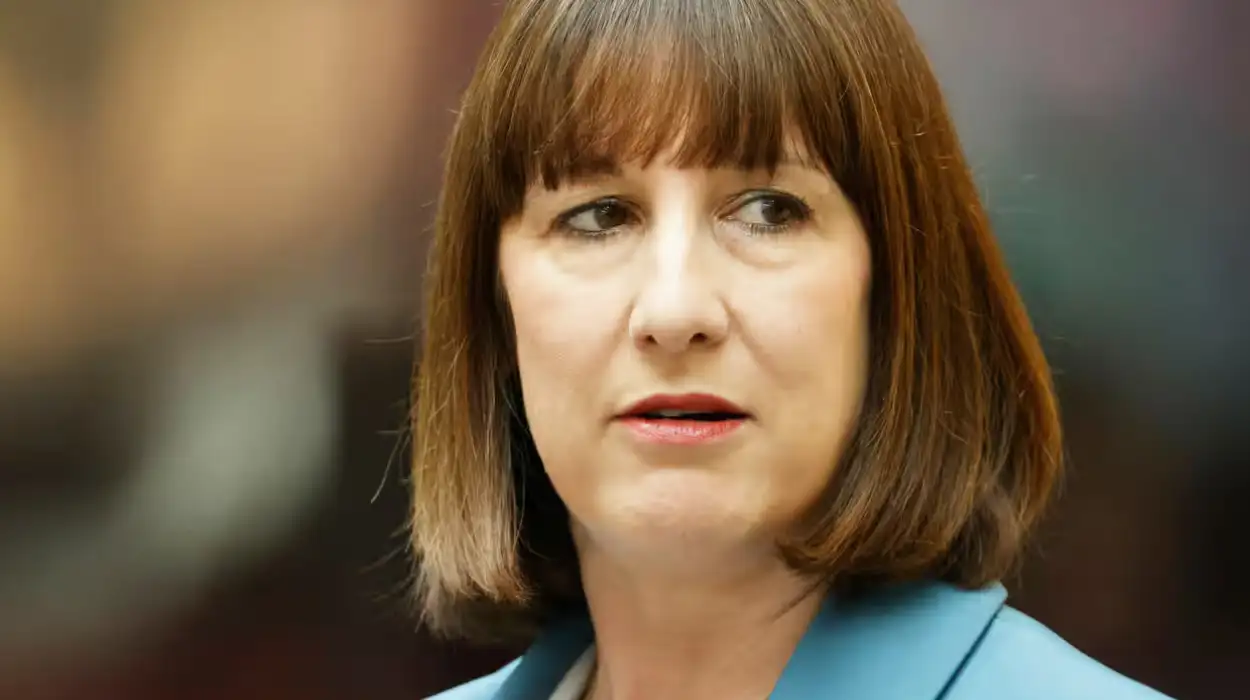UK (Parliament Politics Magazine) – Chancellor Rachel Reeves told oil firm Equinor that tax hikes fund CCUS, sparking concerns over Labour’s silent concessions to fossil fuel giants.
As reported by The Guardian, Rachel Reeves assured an oil company it would get a quid pro quo in return for increased taxes on its excess profits.
What did Rachel Reeves say about CCUS subsidies and oil tax?
At a 27 August meeting with Equinor, Rachel Reeves suggested the CCUS investment served as a form of return for raising the windfall tax on oil profits.
According to meeting minutes, Equinor CEO Anders Opedal raised concerns about the windfall tax and its effect on the value of the firm’s UK assets.
Ms Reeves responded that the move to increase the windfall tax from 35% to 38% was a “manifesto commitment” and stressed that
“Equinor should recognise the quid pro quo – the funds raised enable government investment in CCUS.”
What did Carla Denyer accuse Labour of over the fossil deal?
Green Party co-leader Carla Denyer accused Rachel Reeves and Labour of being
“caught out making promises in a secret exchange deal which goes against the interests of the British people.”
What did the Bristol Central MP say about Labour’s CCUS deal?
The MP for Bristol Central said,
“In public, they claim to be taxing fossil fuel giants more fairly by raising the windfall tax, but behind closed doors they are giving back with dodgy deals to allow the fossil fuel corporates to continue with business as usual under the guise of CCUS – an expensive distraction and largely unproven technology.”
What did Tessa Khan say about Equinor’s influence on UK policy?
Tessa Khan, the executive director of the campaign group Uplift, stated,
“Oil companies like Equinor have held sway over successive UK governments for years, shaping policies to benefit their bottom line and slowing down climate action. This Labour government must stand up to them and put our needs – for affordable clean energy and a safe climate that we can pass on to our children – ahead of their insatiable need to profit.”
What did the report reveal about the £22bn CCUS subsidies?
MPs warned in February that the £22bn pledged for CCUS projects could pose significant financial risks.
The report showed that the government has scaled back its CCUS targets, eliminating the aim of storing 20 to 30 million tonnes annually by 2030. It warned that new projects offer no profit-sharing for the government or relief for household energy bills.
The committee said producing liquid natural gas for UK CCUS projects releases more greenhouse gases than earlier estimates. The report stated, “This could undermine the rationale for pursuing certain schemes.”
What did Andrew Boswell claim about Net Zero Teesside emissions?
Environmental campaigner Andrew Boswell sued the former UK government over the Net Zero Teesside project, prompting an admission that its total carbon footprint, estimated by Boswell at more than 20.3 million tonnes, was not fully considered.
A judge threw out Boswell’s case in mid-2024, concluding that the environmental review of the scheme was sufficient. The ruling was upheld on appeal the following May.
What did Lily-Rose Ellis say about carbon capture funding?
Lily-Rose Ellis, a campaigner at Greenpeace UK, stated,
“Investment in carbon capture and storage is a gamble on unproven technology. All it does is give oil and gas giants carte blanche to continue causing planet-destroying emissions in the hopes that one day they might be able to capture the carbon and store it for all of eternity. Public money should be spent on renewables, which guarantee to lower emissions, bring bills down and boost the economy with new jobs.”
What did Equinor say about its role in UK energy?
A spokesperson for Equinor stated,
“Equinor has been a reliable energy partner to the UK for over 40 years, providing a stable supply of oil and gas, developing the UK’s offshore wind industry, and pioneering solutions to decarbonise the UK economy, including carbon capture and storage.”
They added,
“Using our experience of decarbonising energy production in Norway, including safely storing carbon emissions under the North Sea for over 25 years, we are supporting the UK to develop its own homegrown energy transition.”
What did the government say about CCUS projects in the UK?
A government spokesperson stated,
“We are delivering first-of-a-kind carbon capture projects in the UK, supporting thousands of jobs across the country, reigniting industrial heartlands and tackling the climate crisis. Money raised from changes to the energy profits levy made at the autumn budget last year supports the transition to clean energy, enhances energy security and independence, provides sustainable jobs for the future, and helps protect electricity bills against future price shocks.”
Key facts about Equinor
- Equinor is one of the main companies working on carbon capture in the UK.
- It owns 25% of a new power plant in Teesside that will use carbon capture technology.
- In December, it signed a deal with the UK government, along with BP and TotalEnergies.
- Equinor had claimed it stores 1 million tonnes of CO₂ a year, but in 2023, it only stored about 10% of that.
- The company made big profits – $28.7bn in 2022, and $8.8bn in 2024.


